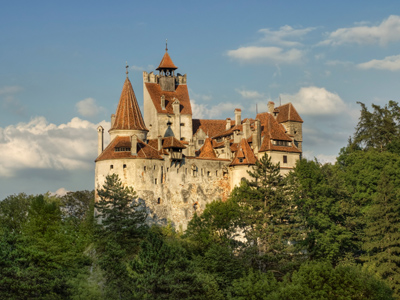
World War One Aftermath: 1920-1923 Treaties
In GCSE History, students will look at World War One and its aftermath. One topic that is covered is the peace settlements and treaties signed after the war's end. This is the third of four quizzes on that subject and it looks specifically at the treaties signed between 1920-1923.
The 1919 Treaty of Versailles, which marked the end of World War One, was followed by four others between 1920-1923. This was because a separate treaty had to be signed with each of Germany's allies. One of those allies needed two treaties in the end, as they were successfully able to object to the first one - agreed in 1920.
Find out more about the treaties signed between 1920-1923, in the aftermath of World War One, in this quiz.
Ready for more?
not all...
quizzers. Try to win a coveted spot on our Hall of Fame Page.







